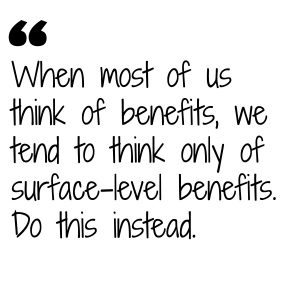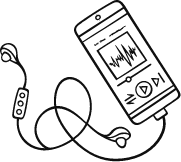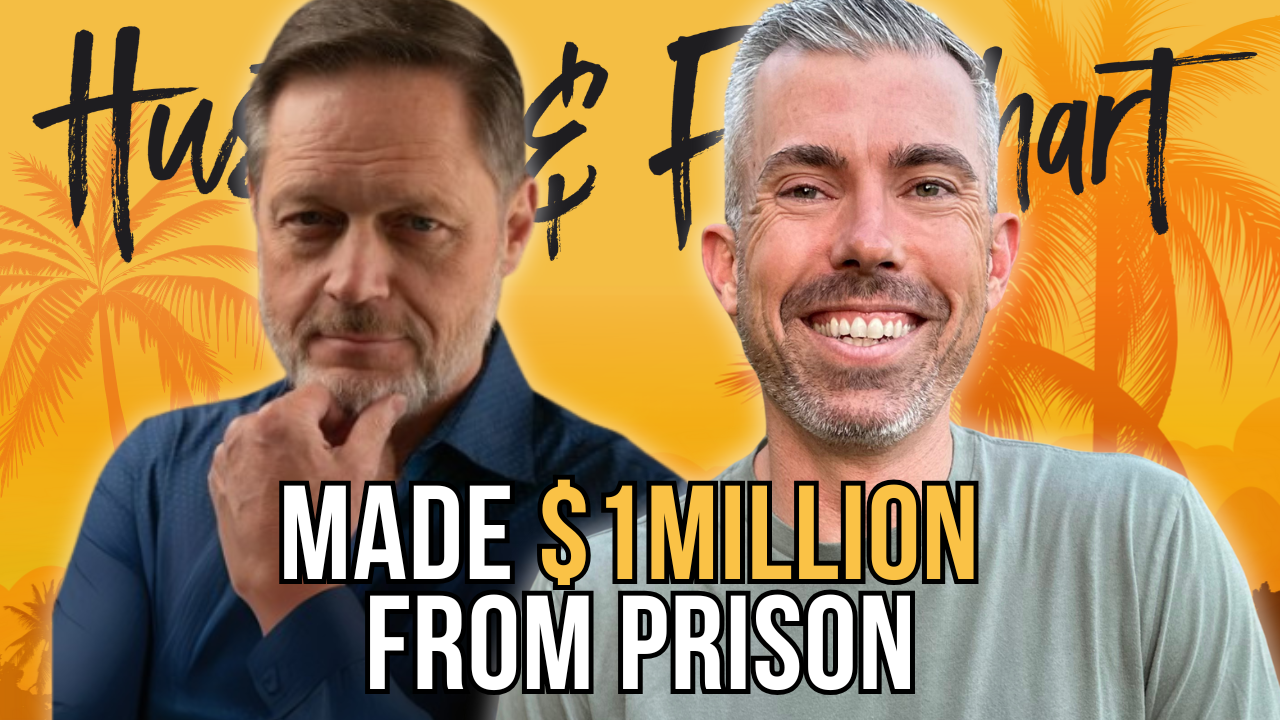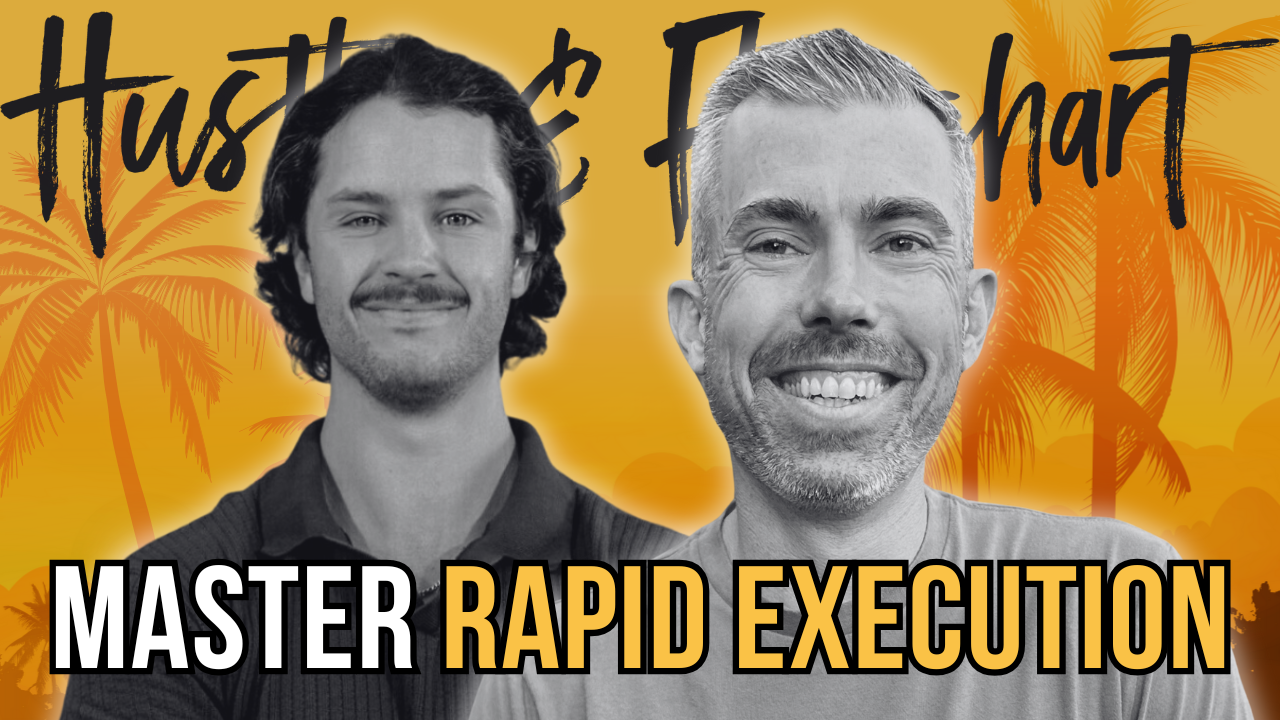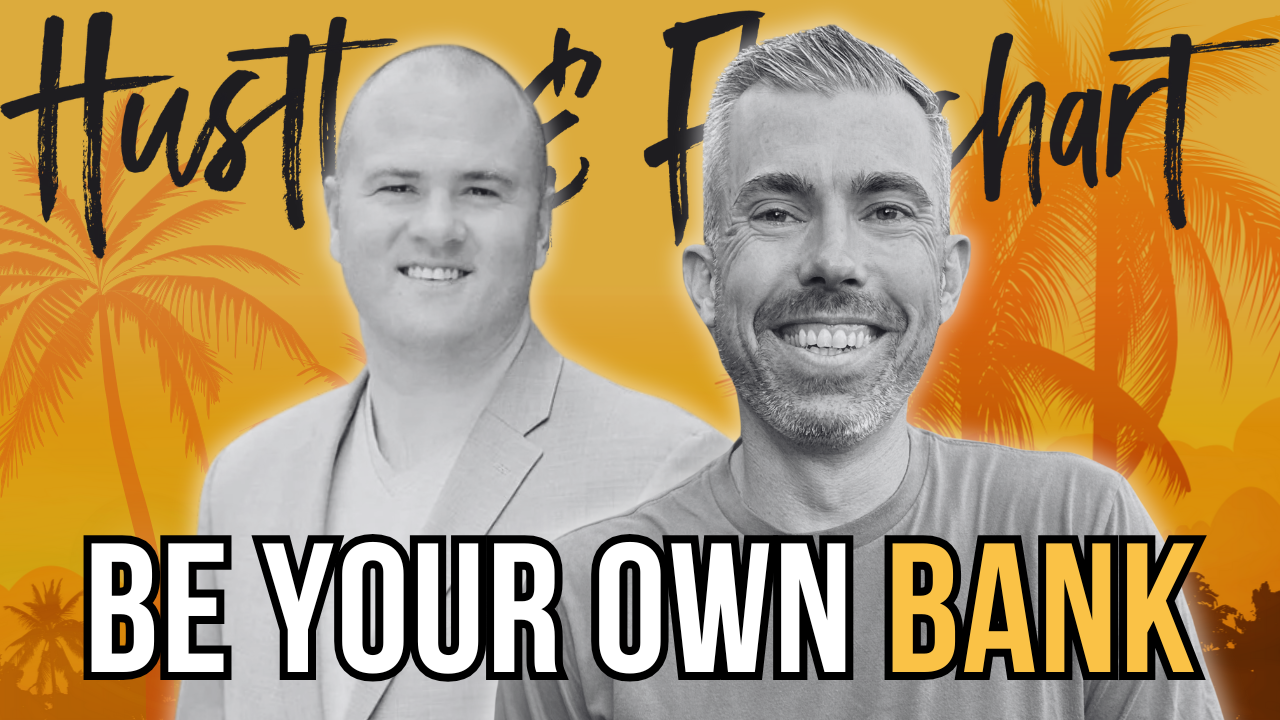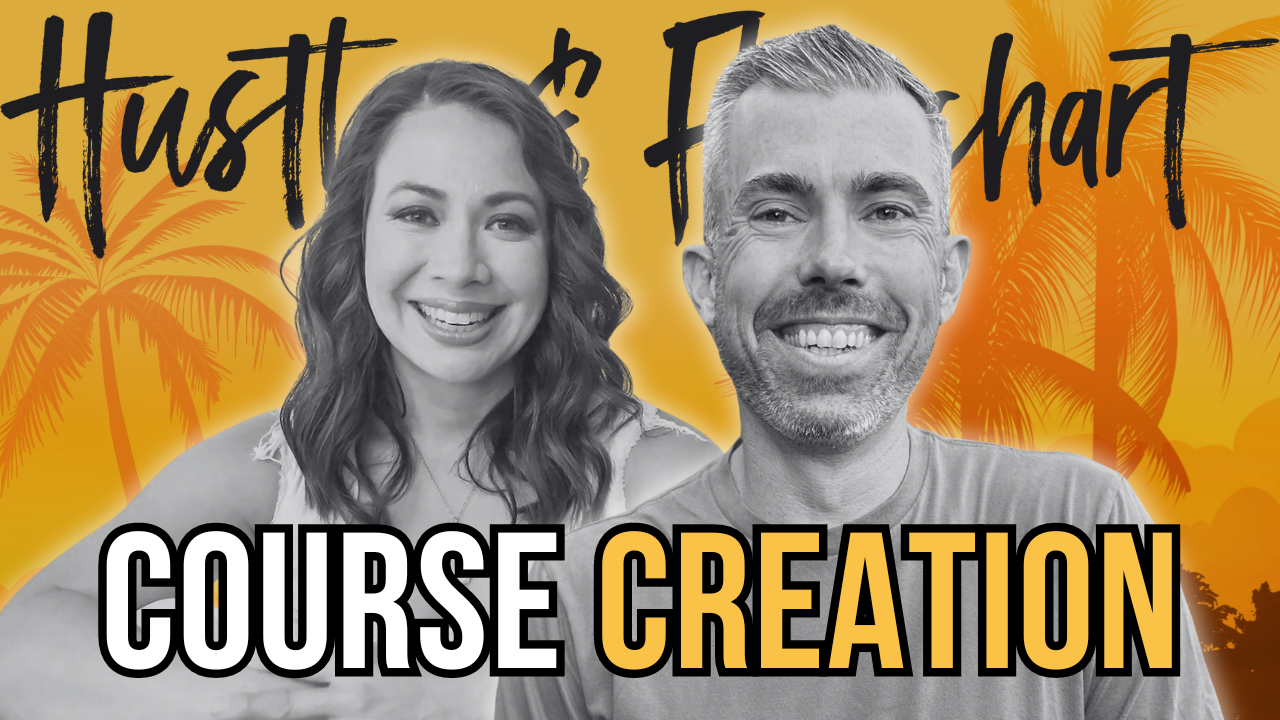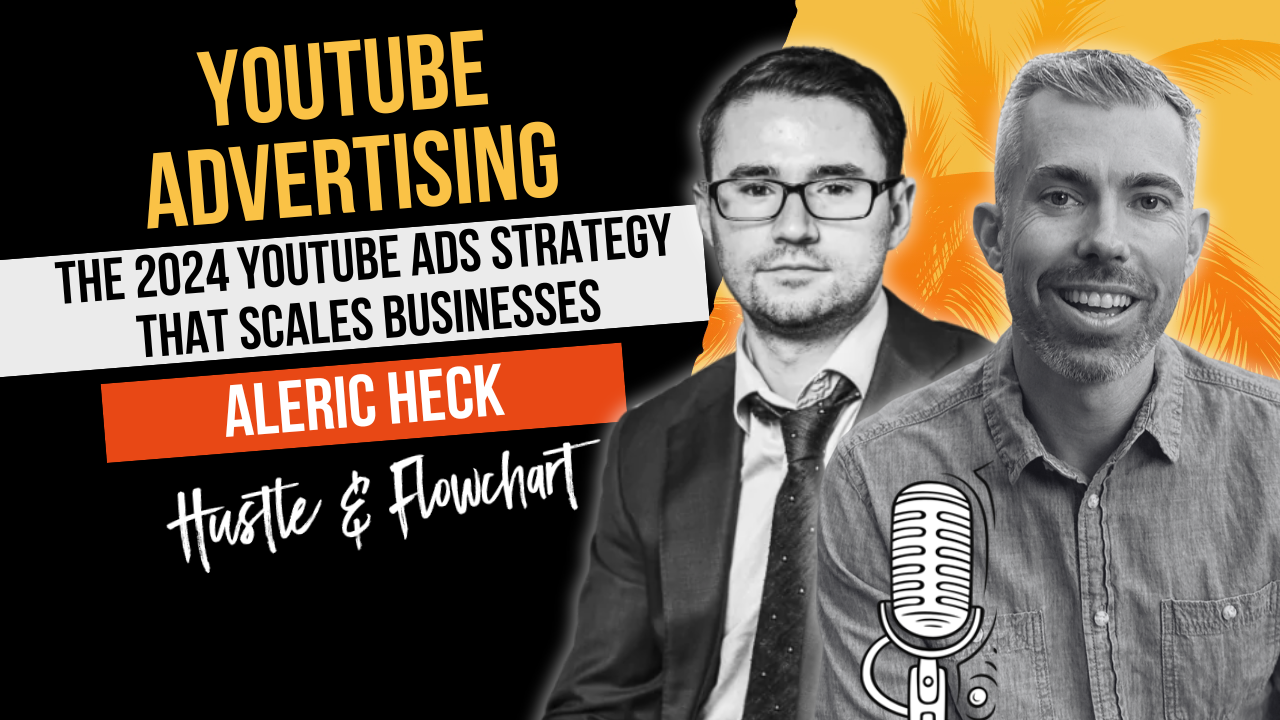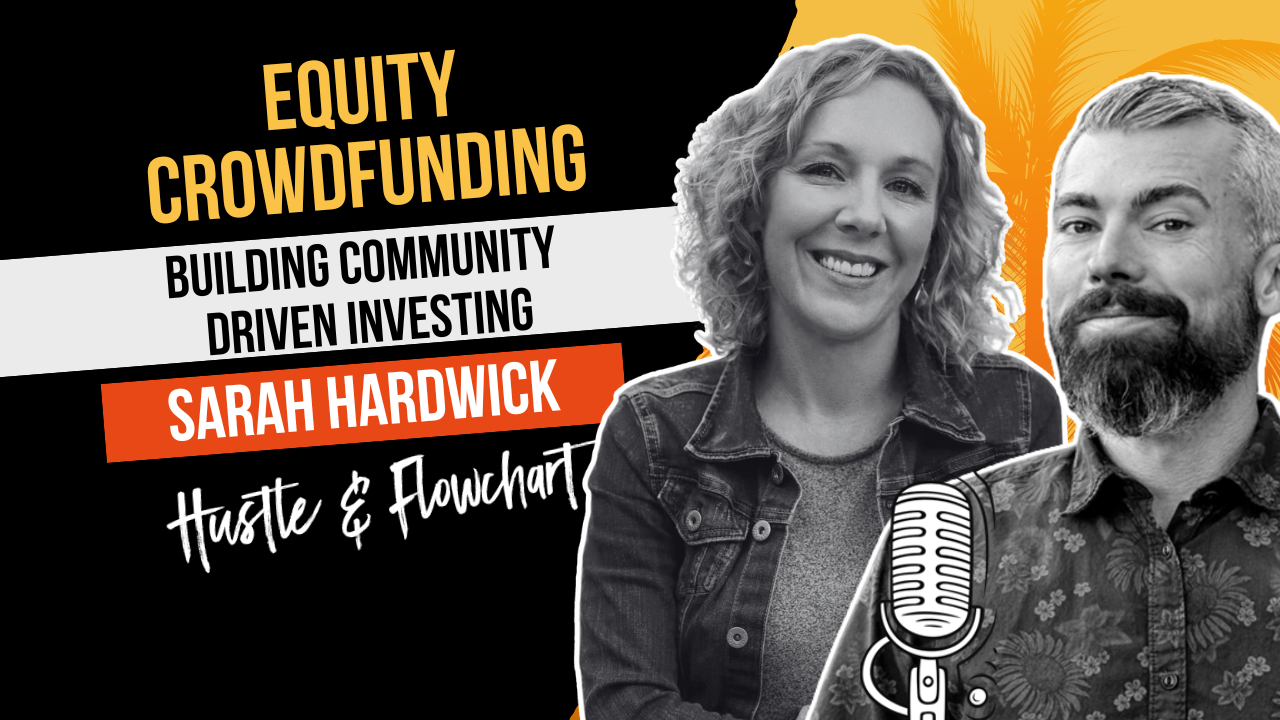When it comes to selling high-ticket products and services, webinars are by far the most effective medium for converting even the coldest of prospects into buyers.
Nothing works better than a webinar formula that establishes trust, demonstrates your expertise and overcomes your audience’s objections all in one seamless flow.
However, one of the biggest challenges we face as marketers — particularly if you’ve never created a webinar before — is knowing how to take our existing sales messages and convert them into a webinar-friendly format.
If you're new to using webinars in your sales strategy, you're probably asking yourself the following:
- Is there a specific structure my webinar should follow?
- How do I strike the perfect balance between content and pitch?
- How do I transition smoothly from teaching to selling mode?
- How long does my webinar need to be?
These are all very pertinent questions that need to be answered before you're ready to sit down to create your first webinar, so in this article, I’m going to address these questions, as well as giving you a simple template that you can use to create a high-converting webinar formula of your own.
We recently wrote a super in-depth guide on automated webinars vs life webinars that may be a helpful read.
Table of Contents
ToggleThe perfect webinar flow
As a copywriter, one of the biggest things I struggled with when I first began creating webinars for clients was knowing how to structure them.
At first, because I didn’t know any better, I approached creating a webinar as if I was writing some kind of interactive VSL. But after several failed attempts and a ton of feedback, I began to realize that this wasn’t the right approach at all.
Creating a webinar is a world away from writing a traditional sales letter or VSL, and the main reason why is the method of delivery.
It takes some practice to get it right, but the outline below should give you a solid starting point for creating a high-converting webinar flow of your own.
If you're struggling with writing email copy to get leads into your webinar flow, check out these two powerful email copywriting tips.
Step 1: Introduction (5-7 minutes)
Title slide
The title of your webinar needs to match the headline of your landing page and should “flag down” your target audience by clearly stating your product’s biggest benefit. I also like to include a sub-headline aimed at overcoming their biggest objections about your product, service or market.
You’re about to discover
Now that you have your prospect’s attention, you’d better do something to make damn sure you keep it… and fast. Sell your prospect on staying until the end of your webinar with a mixture of benefit and curiosity-driven bullet points.
Who am I?
So, you've piqued my interest… but why should I listen to you? What makes you so much of an authority on the topic that you're qualified to teach about it?
This is your opportunity to state your credentials. Tell your prospect how long you've been in this industry, and show them the results you've achieved in the past — both for yourself and for clients.
Frontload results/futurecast
You want to try and get your prospect thinking about what's possible and how their life could be better in the future (as a result of purchasing your product or service) as early as possible.
To do this, think about the main benefit of your product or service. Next, try to drill down deeper by asking yourself: “What's the benefit of the benefit?”
We’ve all heard the saying, “Sell benefits, not features,” but when most of us think of benefits, we tend to think only of surface-level benefits.
For example, let's say you're selling a course that teaches people how to build an email list.
Sure, your course may help your prospect build an engaged audience for their business which ultimately leads to increased sales and revenue, but why does making more money matter to them?
For most entrepreneurs, money isn't their primary motivator. It’s the freedom the money buys.
The freedom to spend time with their family. The freedom to work the hours they want to work, from wherever they want in the world. And to basically live life on their own terms.
Of course, this all comes back to knowing your market and what their deepest hopes, fears, and aspirations are.
The promise
Quickly recap the main benefit of your product or service and clarify EXACTLY what your customer will walk away with as a result of watching your webinar.
Before we go any further…
Tell your prospect that, if they’re serious about getting the most from your webinar, they need to eliminate any distractions (i.e. log out of Facebook, turn off their phone, etc.) and give you their full attention for the next hour or so.
Step 2: Content (15-20 minutes)
This is the part where most people go wrong.
They are so focused on providing “value” that they end up going over the top and bogging people with too much content.
As a result, they are left with a webinar that overwhelms people and actually persuades them NOT to buy.
Not only is the opposite of what you want, but you are actually doing your prospects a major disservice if you do this!
With that said, it’s important to understand that your sole aim with the content portion of your webinar is to get people to a point whereby they decide: “I want to do this!”
For this reason, you want to avoid doing any form of hard teaching.
By this, I mean that you don’t want to give people an actionable system or strategy that they can go away and implement as soon as they get off your webinar.
Doing that will only cause them to say:
“Thanks, but you’ve given me enough to be going on with for now. Maybe I’ll come back to this later.”
So, what you want to do instead is demonstrate what’s possible by giving your attendees the big picture overview.
At the end of the day, people don’t want information. They already have enough information.
What they are looking for is some unique insight or “aha” moment that gets them thinking about different ways and means of doing things that they’ve likely never even considered before.
With that said, the best way to structure the content portion of your webinar formula is to split it up into three core concepts that each teach your prospect something new and unique.
I like to frame these core concepts as myths, mistakes or secrets and spend roughly 5-7 minutes covering each one.
The idea is that they each one links up with a common misconception or objection your audience has about your market or product, in turn bringing them one step closer to making the decision to purchase your solution.
Step 3: Transition (2-3 minutes)
The “yes” question
Once I’ve finished delivering the content, I like to transition smoothly to the pitch by asking a question that provokes a “yes” answer, such as:
“Are you ready to start building an engaged email list that generates sales and income every day?”
You have two options
Explain to your prospect that they basically have two options at this point.
They can either choose to go it alone, and more than likely continue to suffer from the problem that has been plaguing them for so long.
Or, they can finally eliminate the guesswork and fast-track their way to success by purchasing your solution.
Summarise your offer
This is like your elevator pitch. You’ve got 30 seconds, to sum up your offer.
For example:
“I have put together the most comprehensive training package on how to XYZ, so you can watch over my shoulder as I walk you through every step of the process, from A to Z, in real-time.”
Step 4: Pitch (15-20 minutes)
Product overview
Now it’s time to formally introduce your product and give your attendees a brief overview of its various components/modules.
Component breakdown
Delve into a bit more detail by assigning a separate slide to each component of your product and highlighting the benefits with 3-5 compelling bullet points.
Here’s what you’re getting
Summarise your offer by listing all of its different components and assigning a monetary value to each one that is relative to what your prospect stands to gain if they implement the skill or strategy being taught.
Add up the combined value of each component of your product to arrive at a total value and include it at the bottom of this slide.
Value Stack
The whole idea behind a successful webinar flow is to make your prospect feel as though they are getting an amazing deal.
In all honesty, there’s a bit of an art to doing this, and it takes some practice to deliver it in a way that doesn’t seem robotic.
But essentially, what you want to do here is gradually discount the price down, like this:
“But you won’t pay $ ___ . You won’t pay $ ___ . In fact, you won’t even pay $ ___ .”
Price Reveal
“The retail price of [INSERT PRODUCT NAME] is just $ ___ , but you can get started today for even less!”
Then tell them that only if they act today, during this webinar that they’re watching right now, they can take advantage of a special discount coupon that gives them a further __ % off the retail price.
Step 5: Close (15 minutes)
However, there are limitations/places are limited…
Now it’s time to weave some scarcity into your pitch. Or, as John Carlton would say, light a fire under your prospect’s ass!
Tell your attendees that only a small number of people can be part of this, so they’ll need to act quickly if they want to be part of your exclusive club.
There are all sorts of innovative things you can test at this point, such as telling people that your coupon code will expire at the end of the webinar — but you must make sure you actually follow through on your promise.
Bonuses
Continue to stack the value by taking three components of your product or service and framing them as “bonuses.”
Failing this, review all of your past offerings and bundle in any products that you feel would compliment your main offering.
If you can’t think of anything, consider adding in some kind of done-for-you element that can be delivered after your attendee has purchased.
Risk-reversal
Unless they’ve been living under a rock for the last few years, there’s a good chance your prospect has attended a webinar in the past.
They may have even purchased a competitor’s product after attending a webinar and felt that the vendor failed to deliver on their promises.
Because of this, your prospect may feel somewhat skeptical about investing in your product or service, and the best way to overcome this is by offering the strongest, longest money-back guarantee in your industry.
This can also be a very good opportunity to mock the competition by saying something along the lines of:
“A lot of marketers are afraid to offer anything longer than the standard 30-day money-back guarantee because they know they can’t possibly stand by the quality of their product. However, we’re willing to go above and beyond that because we know for a fact that our product works. And if it doesn’t? We don’t want your money.”
Here’s what to do next…
Okay, it’s the moment of truth, so do yourself a favor: don’t leave anything open to interpretation!
Tell your prospect EXACTLY what you want them to do next, in what order, like this:
“Step 1: Go here. Step 2: Do This. Step 3: Do that.”
Offer recap
Quickly recap what your prospect will get when they purchase your product or service, listing each of the components of your product, together with the total value of your offering and the discounted price they will pay if they act today.
Repeat risk-reversal
Remind your prospect that you’ve taken all the risk away from them and have placed it entirely on your own shoulders.
Because of this, they have absolutely nothing to lose and everything to gain. Clarify the terms of your guarantee.
Q&A
You’ll always have a handful of prospects who are “on the fence,” and often the only thing that’s preventing them from closing is a simple question.
For this reason, I always recommend doing a Q&A session at the end of your webinar (even if it’s automated) to cover the most common objections that people have about purchasing your product or service.
Testimonials
Finish with a highlight reel that showcases the best testimonials you’ve received from past clients. Be sure to include a link to your checkout page on every slide.
So, there you have it. There are no excuses now — it’s time to start putting this stuff into practice!


